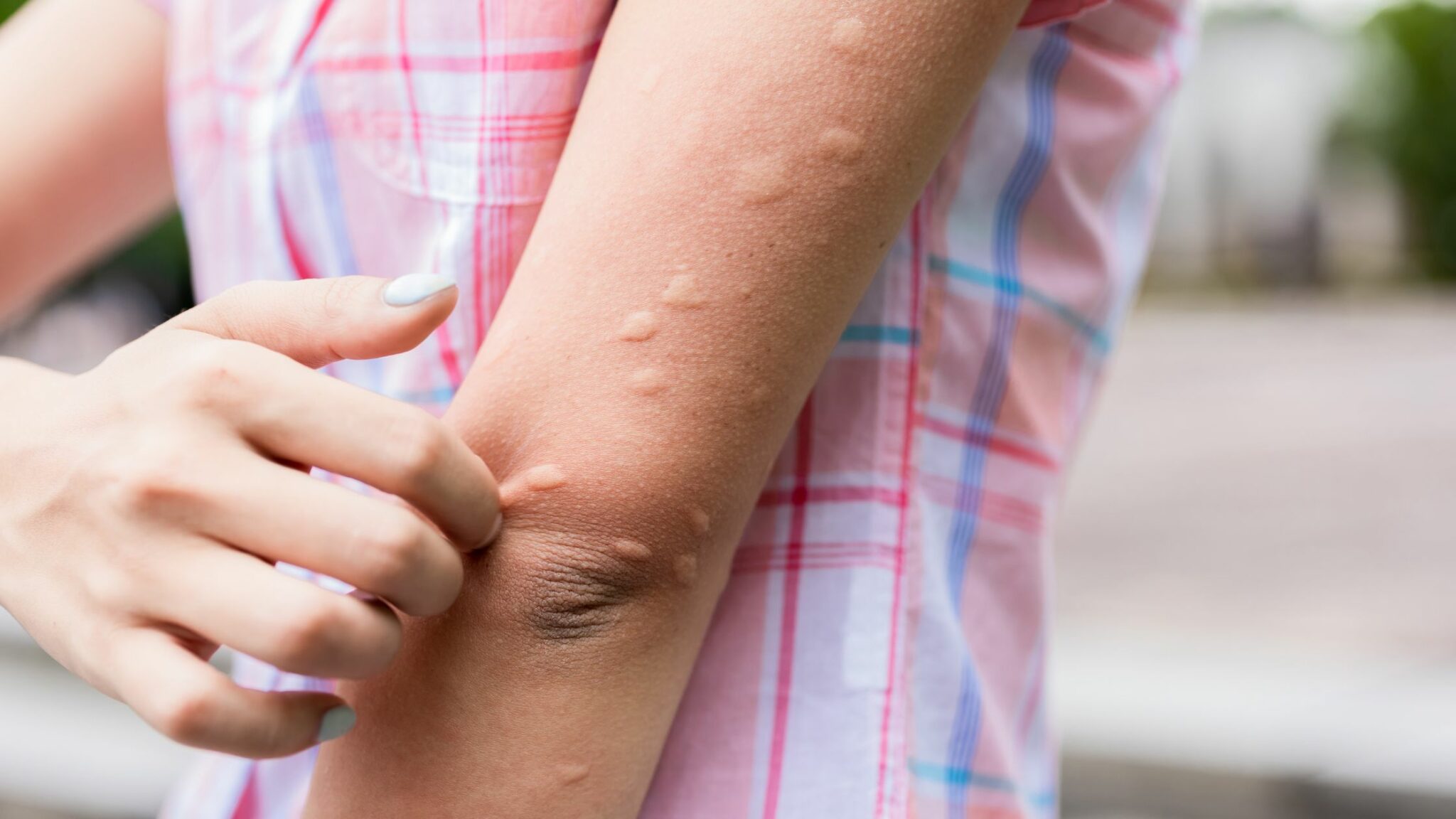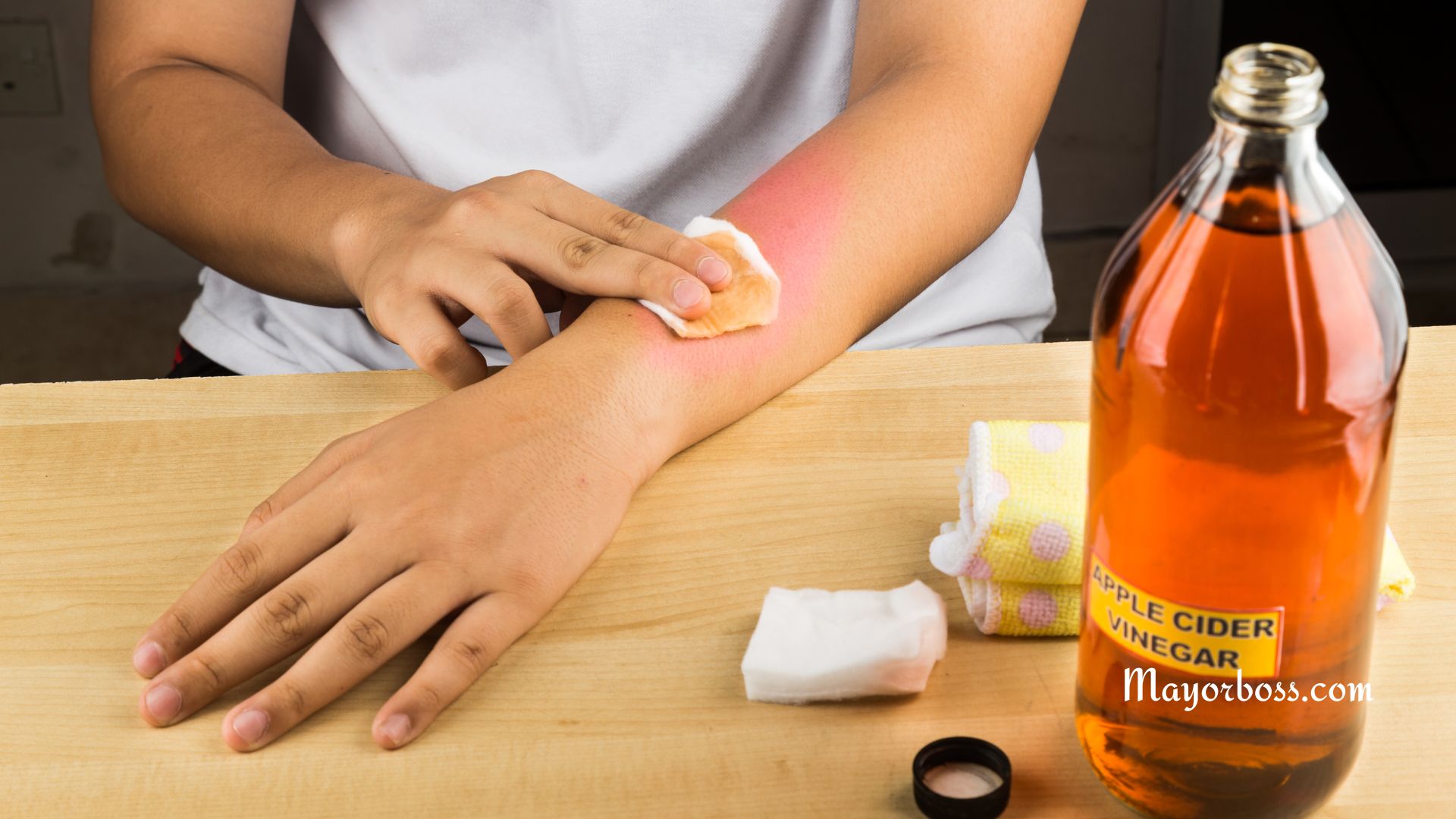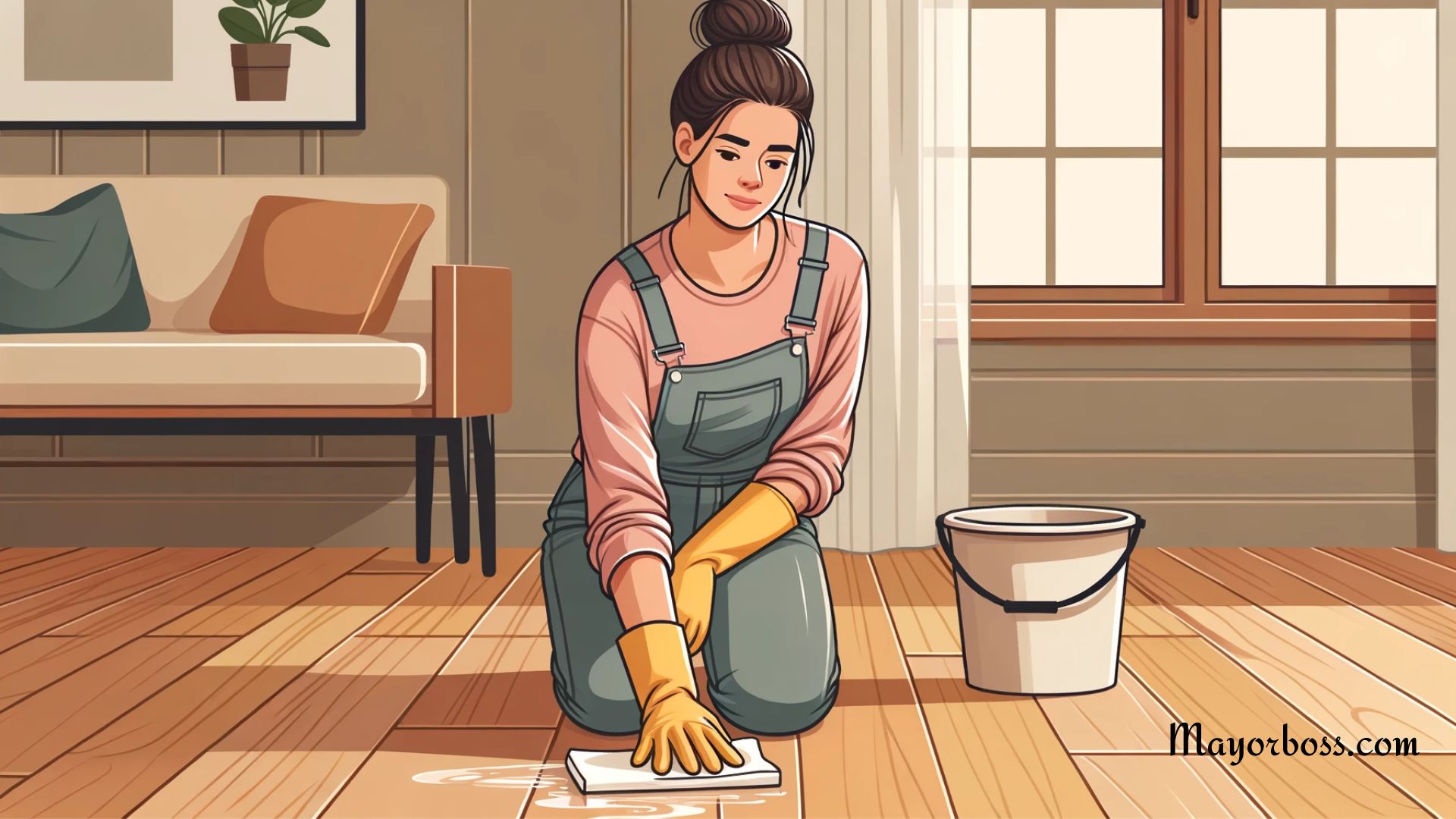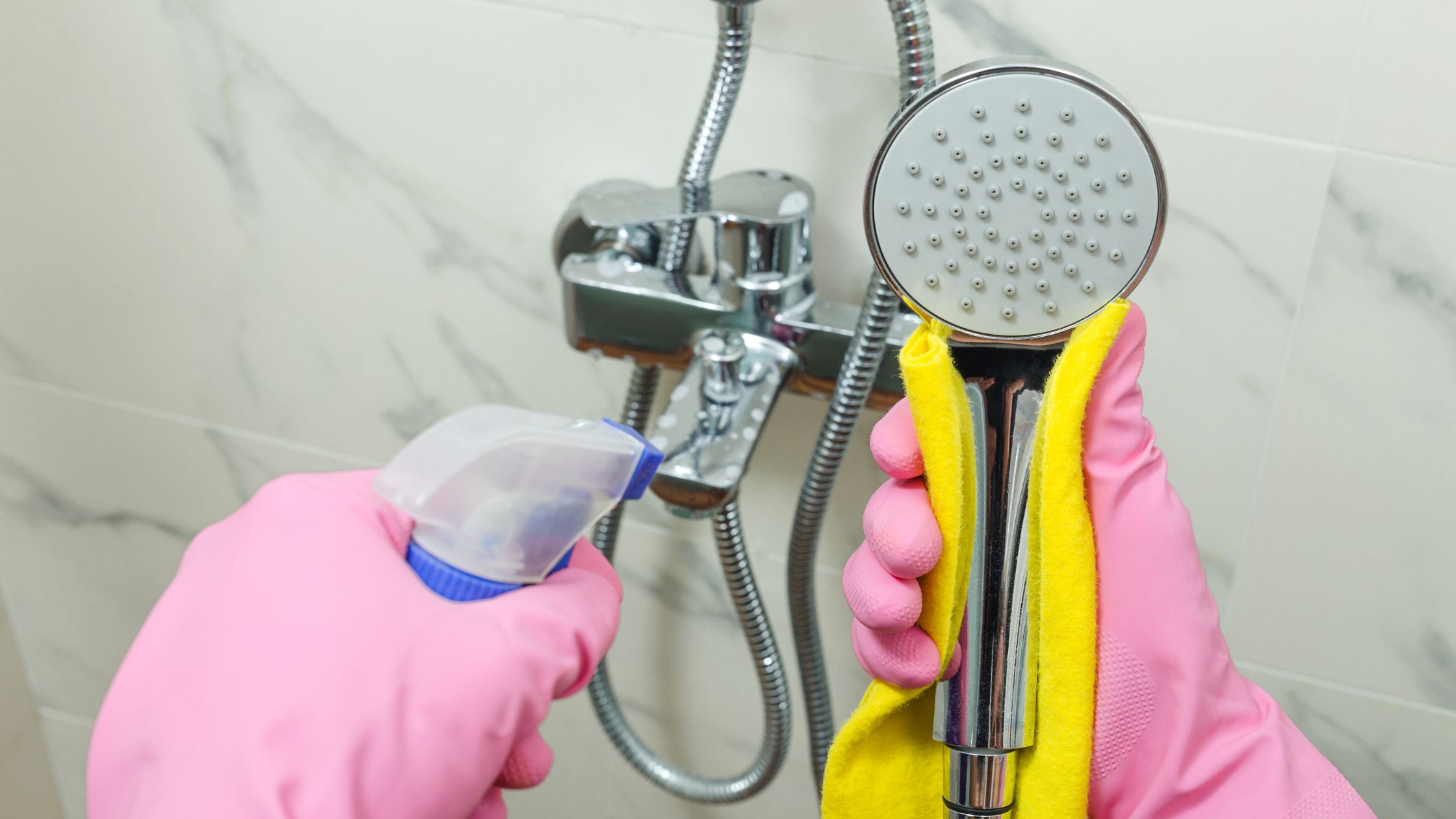6 Ways to Prevent Mosquito Bites
Key Points
- Apply EPA-registered insect repellent to exposed skin and clothing.
- Wear long, light-colored clothing to cover up skin.
- Remove any standing water around your home.
- Sleep under a mosquito net, especially in risk areas.
- Use window and door screens to keep mosquitoes out.
- Stay indoors during times when mosquitoes are most active.

Mosquito bites are more than just a nuisance. In fact, they can spread diseases such as malaria, dengue, West Nile virus, and Zika. If you’re tired of itchy bites every time you step outdoors, you’re not alone. Fortunately, there are practical and effective ways to protect yourself and your loved ones. Below, you’ll find science-backed methods to help keep mosquitoes away from your skin.
1. Use Insect Repellent
Insect repellents are your first line of defense. The Centers for Disease Control and Prevention (CDC) recommends using repellents that contain active ingredients like DEET, picaridin, IR3535, or oil of lemon eucalyptus. These substances are proven to keep mosquitoes away from your skin for several hours. Spray or rub repellent onto exposed skin and clothing whenever you go outdoors, especially in the early morning or evening.1
Tip: Always follow label instructions and avoid getting repellent in your eyes or mouth. For children, spray the repellent onto your hands first, then apply it to their skin.
2. Wear Protective Clothing
What you wear matters. Mosquitoes are attracted to exposed skin, so covering up can make a difference. Choose long-sleeved shirts, long pants, socks, and shoes when you know you’ll be in mosquito-prone areas. Light-colored clothing is best, as mosquitoes tend to be more attracted to dark colors. If you’re going hiking or camping, consider clothing pre-treated with permethrin, an insect-repellent fabric treatment that offers extra protection.
3. Eliminate Standing Water
Mosquitoes need standing water to lay their eggs. Even a small puddle or a forgotten bucket can become a breeding ground. Regularly check your yard and empty anything that collects water—flower pots, birdbaths, pet bowls, old tires, and clogged gutters are common culprits. Change water in vases and pet dishes every day. By removing these water sources, you can significantly reduce the local mosquito population around your home.
4. Use Mosquito Nets
Sleeping under a mosquito net is an easy and effective way to avoid bites at night, especially in areas where mosquitoes carry diseases. Look for nets treated with insecticide for added protection. Tuck the edges of the net under your mattress to ensure no gaps are left open. Portable nets are also available for camping or travel.
5. Install Screens on Windows and Doors
Screens act as a physical barrier, stopping mosquitoes from getting into your home. Check for any holes or tears in existing screens and repair them promptly. If you don’t have screens, consider installing them on windows and doors, especially in bedrooms and living areas. Keep windows and doors closed, especially at dusk and dawn, when mosquitoes are most active.
6. Avoid Mosquito Peak Hours
Mosquitoes are most active during early morning and late afternoon, to evening. If possible, limit outdoor activities during these times. If you must be outdoors, use repellent and cover up as much as possible. When sitting outside in the evening, use fans—mosquitoes have trouble flying in strong breezes, so a simple fan can help keep them away from your patio or porch.
Why It’s Important to Prevent Mosquito Bites
While itching and swelling are the most common reactions to mosquito bites, mosquitoes can carry viruses and parasites that cause serious illnesses. Preventing bites is the best way to reduce your risk of these diseases. According to the World Health Organization, mosquito-borne diseases continue to affect millions of people each year. Simple preventive steps make a difference for your health and well-being.2
When to See a Doctor
Most mosquito bites are harmless and heal on their own. However, if you develop a high fever, persistent headache, body aches, rash, or confusion after a mosquito bite, seek medical attention. These could be signs of a mosquito-borne illness.
FAQs
1. What is the safest insect repellent for children?
Repellents containing up to 30% DEET, picaridin, or oil of lemon eucalyptus are considered safe for children. Do not use oil of lemon eucalyptus on children under 3 years old.
2. Can natural remedies like citronella or lavender keep mosquitoes away?
Some natural oils may provide mild protection for a short time, but they are less effective than products recommended by health authorities.
3. How often should I reapply insect repellent?
Follow the instructions on the label. Most repellents need to be reapplied every few hours, especially if you’re sweating or swimming.
4. Do mosquito traps work?
Traps can help reduce the number of mosquitoes in an area, but should not replace other preventive methods, especially in high-risk regions.
5. What diseases can mosquitoes transmit?
Mosquitoes can spread diseases such as malaria, dengue, Zika virus, West Nile virus, and chikungunya, depending on your location.






